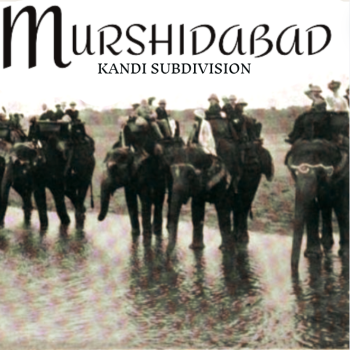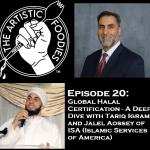 |
|
It’s the politics, stupid
|
For as long as there have been tensions between the Muslim world and the West, there have been different – and conflicting – narratives regarding their causes. While Muslim voices point to political grievances on the ground in various hotspots around the world, Western leaders (most often governments) focus on role that Islam plays in modern political and social extremism in the Muslim world. With the aim of breaking the logjam that inhibits cross-cultural understanding, a United Nations-sponsored group called the Alliance of Civilizations (a reference, of course, to the decade-old “clash of civilizations” meme) was formed last year to take a sober look at the divide between East and West, and to recommend solutions. That group released its findings this week to UN head Kofi Annan in Turkey, with a central premise that won’t be looked on too kindly by some in the West – that the Israeli-Palestinian dispute lies at the heart of the matter. “Our emphasis on the Israeli-Palestinian conflict is not meant to imply that it is the overt cause of all tensions between Muslim and Western societies,” write the report’s authors, a group of academics and present and former government officials from 19 different countries. “Nevertheless, it is our view that the Israeli-Palestinian issue has taken on a symbolic value that colors cross cultural and political relations … well beyond its limited geographic scope.” The findings of the report (.pdf) correlate with many arguments that Muslim observers have been making for years, such as the feeding of extremism through political repression in Muslim countries (and Western support of them). But it also takes Muslims societies to task, calling for expanded access to information via the Internet, engaging Muslim youth around the world with religious information and employment opportunties, revising educational materials, and strengthening commitments to human rights. Cross-cultural programs between the Muslim world and the West are also stressed, with the authors citing a recent survey showing that 30% of US government money earmarked for cultural exchanges go to programs with Europe. In contrast, only 6% goes to programs in the Muslim world. The UN will now discuss how to implement the report’s recommendations, with soon-to-be-outgoing US Representative to the UN John Bolton getting in a few words before exiting the stage. “Growing polarization between the West and the Muslim world is undeniable. But it is not unavoidable,” say the report authors. “Such fatalism denies individual freedom and mistakenly portrays humans, communities and nations as mere pawns of history.”
Shahed Amanullah is editor-in-chief of altmuslim.com.















